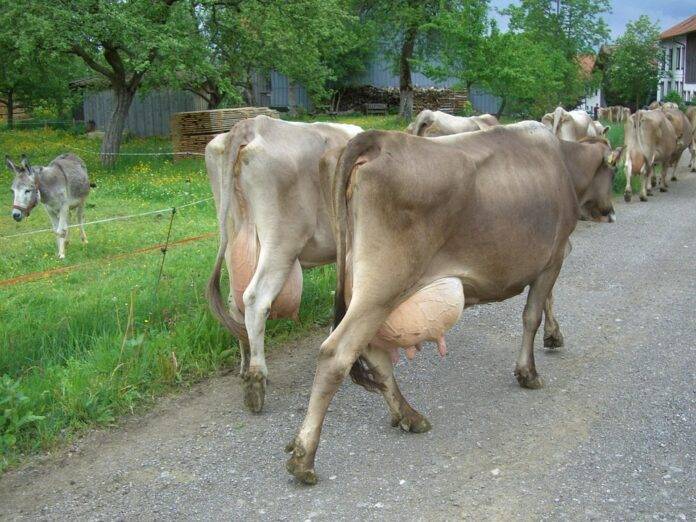The Donkey Milk Industry Overview
Donkey milk, once a niche product, has seen a surge in popularity in recent years due to its purported health benefits and unique properties. From skincare products to dietary supplements, donkey milk has found its way into various consumer goods. However, the journey from stable to shelf is a complex supply chain process that involves multiple stakeholders and intricate logistics.
The Donkey Milk Supply Chain Process
The supply chain for donkey milk products starts at the donkey farms where the animals are raised and milked. Donkey milk is known for its rich composition of vitamins, minerals, and proteins, making it a valuable ingredient for various products. The milk is collected from the donkeys and transported to processing facilities where it is pasteurized, homogenized, and packaged for distribution.
Key Players in the Donkey Milk Industry
One of the leading companies in the donkey milk industry is Eurolactis, a European company that specializes in the production and distribution of donkey milk products. Eurolactis sources its milk from donkey farms across Europe and processes it into various products such as soaps, creams, and dietary supplements. The company has seen significant growth in recent years, capitalizing on the increasing demand for natural and organic products.
Financial Insights
The donkey milk industry is a lucrative market with a global value of over $500 million. The market is expected to grow at a CAGR of 7% in the next five years, driven by consumer awareness of the health benefits of donkey milk. Eurolactis, as one of the key players in the industry, has reported a revenue of $50 million in the last fiscal year, a 15% increase from the previous year. The company’s growth can be attributed to its strong distribution network and innovative product development strategies.
Challenges in the Supply Chain
Despite the growing demand for donkey milk products, the supply chain faces several challenges. One of the main issues is the limited availability of donkey milk, as donkeys produce significantly less milk compared to cows or goats. This scarcity has led to price fluctuations and supply chain disruptions, making it difficult for companies to meet consumer demand. Additionally, the perishable nature of donkey milk requires strict temperature control during transportation and storage, adding complexity to the supply chain process.
Future Outlook
As consumer interest in natural and organic products continues to rise, the donkey milk industry is expected to experience sustained growth. Companies like Eurolactis are at the forefront of innovation, developing new products and expanding their market reach. With advancements in technology and sustainable farming practices, the supply chain for donkey milk products is becoming more efficient and environmentally friendly. Overall, the future looks promising for the donkey milk industry, with ample opportunities for growth and success.
In conclusion, the supply chain behind donkey milk products is a complex yet thriving ecosystem that involves various stakeholders working together to bring these unique products to consumers. With a growing market value and increasing demand, companies in the industry are poised for success as they navigate the challenges and opportunities in this dynamic market.




